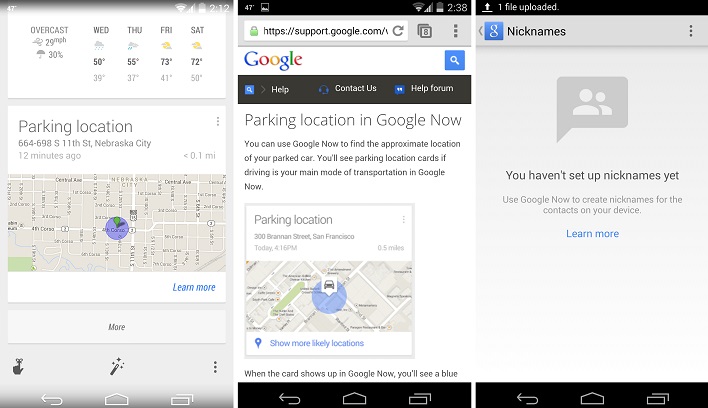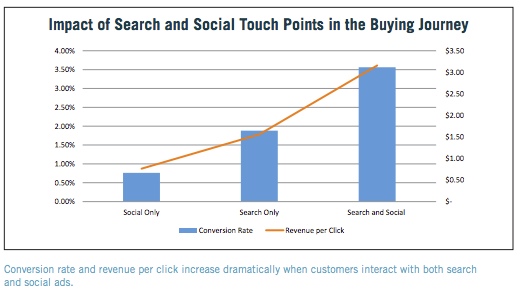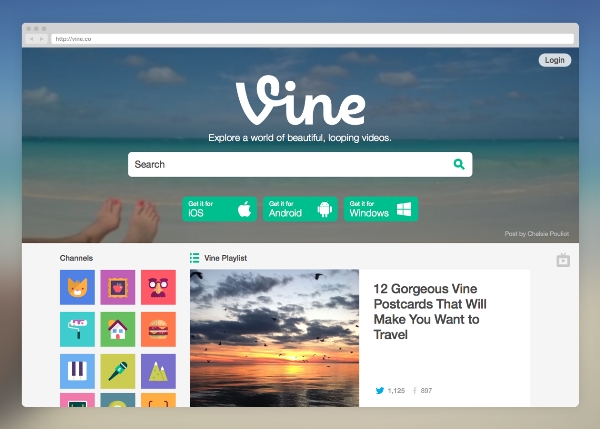
While it is increasingly important for your site to be mobile-friendly, there are some unique risks to running a mobile-friendly site webmasters should be aware of. Google has been encouraging sites to implement mobile-friendly strategies, but it is also cracking down on mobile-only redirects if they are used for fraudulent or deceptive purposes.
Most of the time, mobile-only redirects are used to send mobile users to content they requested in a mobile-friendly format, however some use the redirects deceptively to direct smartphone traffic to unwanted content. In some cases these deceptive redirects can send smartphone users to entirely different websites than the one they requested.
The majority of webmasters aim to use redirects properly, but it has recently been found that deceptive redirects can find their ways onto websites without the webmaster ever knowing. This can potentially happen one of two ways:
- Advertising: A malicious script installed to display ads may redirect mobile users to a different site without the webmasters knowledge.
- Hacking: Some hackers set up redirects to spammy or malicious domains for mobile users only.
While it has become known that these redirects can be created without a webmaster’s awareness, Google has recently made it clear they will continue penalizing sites with these deceptive redirects. Google’s webmaster guidelines explicitly forbid these types of redirects and the search engine says it will enact manual penalties when they are discovered.
Thankfully, there is an incredibly easy test you can do right now to make sure your site hasn’t come down with a case of deceptive redirects. Just search for it in Google on your phone and click on the results.
Google also encourages webmasters to monitor their sites for user complaints as well as regularly reviewing analytics data for unusual activity such as any sudden drops in mobile traffic.
If you do find any evidence of deceptive mobile-only redirects, Google recommends checking Search Console for any warnings about site hacks. If you don’t see any alerts, it is possible there may be an issue with third-party scripts on your site. To figure out which one is causing problems, you will have to go through and disable them one at a time until the problem is resolved.






